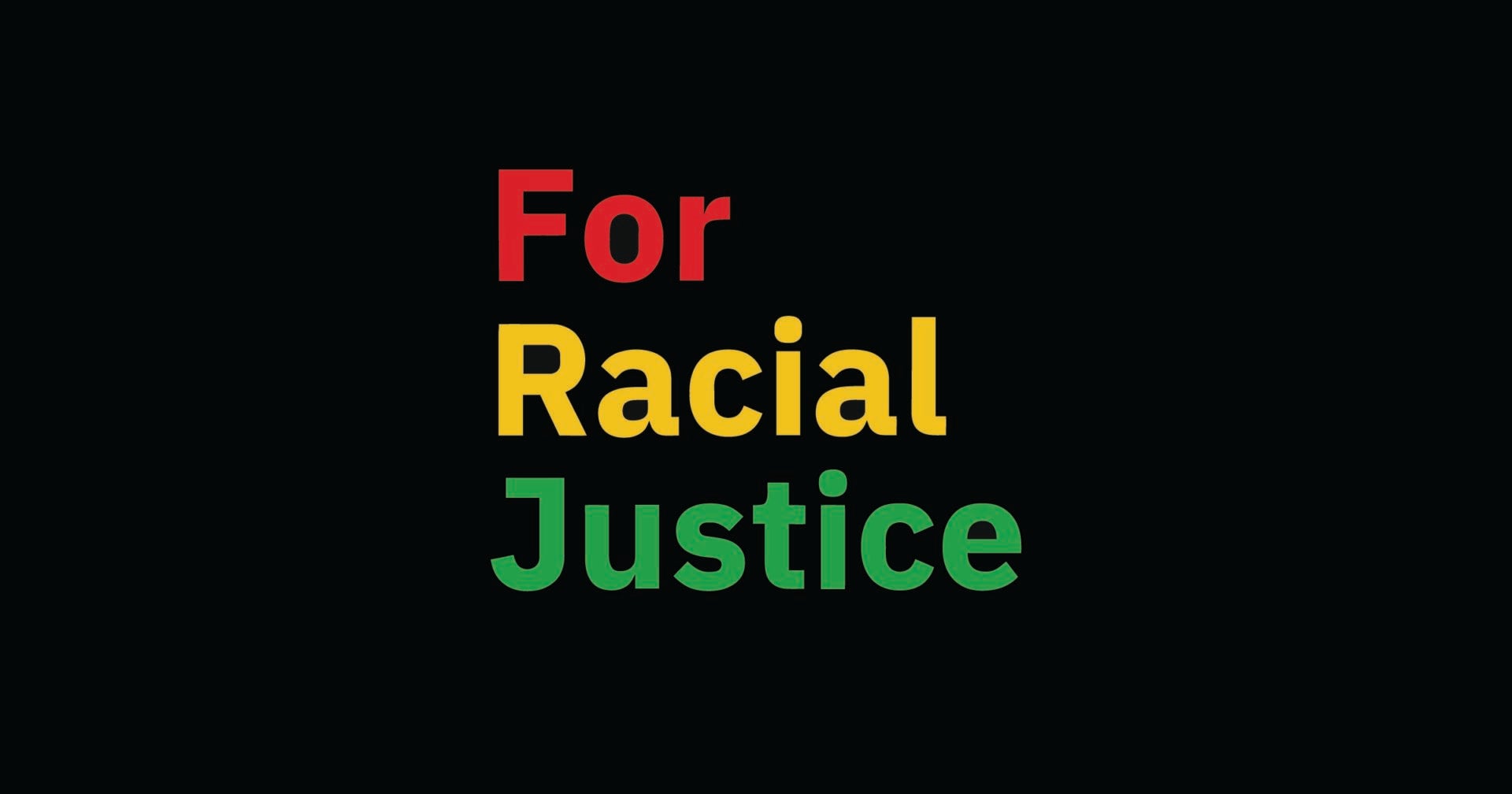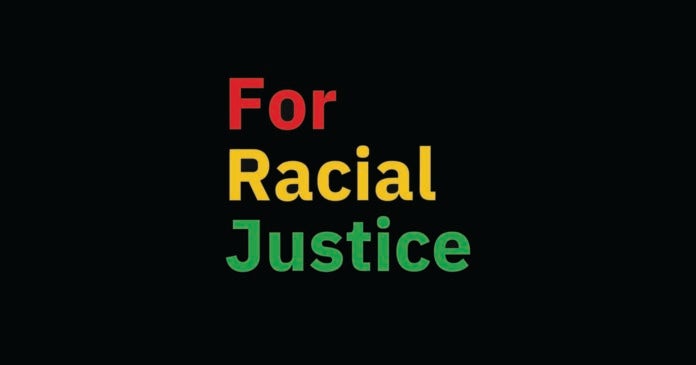New options for building container images, find tags in Podman, and using the Skopeo container image are some new features for you to use in your container adventures.
Read More at Enable Sysadmin
Add these 4 tools to your Linux container toolbox
The effects of adding users to a Linux system
The effects of adding users to a Linux system
When you add a new user to a Linux system, you also change several files. Do you know all of them?
Kshitiz Saini
Sat, 2/20/2021 at 4:02pm
Image
Image by Gerd Altmann from Pixabay
This article covers my journey of learning about the Linux filesystem architecture and using my knowledge to write a shell script to create Linux users. In my second year of college, I learned about the Linux filesystem when the concept of users came to my mind. I tried to create users in Linux-based operating systems.
Topics:
Linux
Linux Administration
Command line utilities
Read More at Enable Sysadmin
How to identify potentially vulnerable network daemons on your Linux systems
How to identify potentially vulnerable network daemons on your Linux systems
Identifying vulnerable network daemons for remediation and how attackers find vulnerable resources.
Geoff Galitz
Sat, 2/20/2021 at 3:09pm
Image
Image by jplenio from Pixabay
[ Editor’s note: This article presents one tool you may wish to consider in your security toolkit. However, no single tool or approach is sufficient to ensure security. For more on security topics, we encourage readers to visit the Product Security Center on the Red Hat Customer Portal. ]
Topics:
Linux
Linux Administration
Security
Read More at Enable Sysadmin
5 ways to ruin a sysadmin’s day
Here are five sure-fire ways to ruin your favorite sysadmin’s day.
Read More at Enable Sysadmin
The Linux Foundation and IBM Announce New Open Source Projects to Promote Racial Justice
The Linux Foundation will host seven Call for Code for Racial Justice projects created by IBM and Red Hat employees
San Francisco, Calif., Feb. 19, 2021 – The Linux Foundation, the nonprofit organization enabling mass innovation through open source, today announced it will host seven projects from Call for Code for Racial Justice, an initiative driven by IBM and Creator David Clark Cause to urge the global developer ecosystem and open source community to contribute to solutions that can help confront racial inequalities.
Call for Code for Racial Justice launched in October 2020, and facilitates the adoption and innovation of open source projects by developers, ecosystem partners, and communities across the world to promote racial justice across three focus areas: Police & Judicial Reform and Accountability; Diverse Representation; and Policy & Legislation Reform. The initiative builds upon Call for Code, which was created in 2018 and has grown to over 400,000 developers and problem solvers across 179 countries, in partnership with Creator David Clark Cause, Founding Partner IBM, Charitable Partner United Nations Human Rights, and the Linux Foundation.
“Open source technology has an important role to play in addressing the greatest challenges of our time, and that includes racial justice,” said Mike Dolan, senior vice president and GM of Projects at the Linux Foundation. “We are excited to host and support these projects at the Linux Foundation, and look forward to how they will develop and deploy through contributions from the open source community.”
As part of today’s announcement, the Linux Foundation and IBM unveiled two new solution starters, Fair Change and TakeTwo:
Fair Change is a platform to help record, catalog, and access evidence of potentially racially charged incidents to help enable transparency, reeducation and reform as a matter of public interest and safety. For example, real-world video footage related to routine traffic stops, stop and search or other scenarios, may be recorded and accessed by the involved parties and authorities to determine whether the incidents were handled in a biased manner. Fair Change consists of a mobile application for iOS and Android built using React Native, an API for capturing data from various sources built using Node JS. It also includes a website with a geospatial map view of incidents built using Google Maps and React. Data can be stored in a cloud hosted database and object store. Visit the tutorial or project page to learn more.
TakeTwo aims to help mitigate bias in digital content, whether it is overt or subtle, with a focus on text across news articles, headlines, web pages, blogs, and even code. The solution is designed to provide a consistent set of language recommendations, leveraging directories of inclusive terms compiled by trusted sources like the Inclusive Naming Initiative, which was co-founded by the Linux Foundation, Cloud Native Computing Foundation, IBM, Red Hat, Cisco, and VMware. The terminology is categorized and can be used to train an AI model to enhance its accuracy over time. TakeTwo is built using open source technologies including Python, FastAPI and Docker. The API can be run locally with an Adobe CouchDB backend database or IBM Cloudant database. IBM has already deployed TakeTwo within its existing IBM Developer tools that are used to publish new content produced by hundreds of IBMers each week. TakeTwo is being trialed by IBM for the IBM Developer website content. Visit the tutorial or project page to learn more.
“Viewed from an etymological perspective, language is a manifestation of our inherent viewpoints about society. Many phrases and words may be used in harmless contexts but bear a history that does not support our diverse, multi-cultural engineering community today. To that end, it gives me great pride that the TakeTwo project is leveraging the Inclusive Naming Initiative to provide language guidance to anyone seeking to write consciously across all platforms. By expanding beyond developers with solutions like TakeTwo, Inclusive Naming is becoming essential to a diverse and resilient community of doers and we are very honored,” said Priyanka Sharma, General Manager of the Cloud Native Computing Foundation.
In addition to the two new solution starters, the Linux Foundation will now host five existing and evolving open source projects from Call for Code for Racial Justice:
- Five Fifths Voter: This web app empowers minorities to exercise their right to vote and helps ensure their voice is heard by determining optimal voting strategies and limiting suppression issues.
- Legit-Info: Local legislation can have significant impacts on areas as far-reaching as jobs, the environment, and safety. Legit-Info helps individuals understand the legislation that shapes their lives.
- Incident Accuracy Reporting System: This platform allows witnesses and victims to corroborate evidence or provide additional information from multiple sources against an official police report.
- Open Sentencing: To help public defenders better serve their clients and make a stronger case, Open Sentencing shows racial bias in data such as demographics.
- Truth Loop: This app helps communities simply understand the policies, regulations, and legislation that will impact them the most.
These projects were built using technologies such as Red Hat OpenShift, IBM Cloud, IBM Watson, Blockchain ledger, Node.js, Vu.js, Docker, upstream Kubernetes and Tekton. The Linux Foundation and IBM are asking developers and ecosystem partners to contribute by testing, extending and implementing them, and adding their own diverse perspectives and expertise to make them even stronger.
“These applications emerged from an internal IBM program called the Call for Code Emb(race) Challenge, where Black IBMers, supported by Red Hat’s Blacks United in Leadership and Diversity (B.U.I.L.D.) community, and allies designed technology solutions to address the problem of systemic racism,” said Ruth Davis, IBM Director of Call for Code. “Since we released the original five projects in October, we have received enthusiastic support from the open source community. In collaboration with the Linux Foundation, we are committed to working to develop and deploy these solutions to help combat racial injustice.”
For more information and to begin contributing, please visit:
https://developer.ibm.com/callforcode/racial-justice/get-started/
https://developer.ibm.com/callforcode/racial-justice/projects/
https://www.linuxfoundation.org/projects/call-for-code/
https://github.com/Call-for-Code-for-Racial-Justice
About the Linux Foundation
Founded in 2000, the Linux Foundation is supported by more than 1,500 members and is the world’s leading home for collaboration on open source software, open standards, open data, and open hardware. Linux Foundation’s projects are critical to the world’s infrastructure including Linux, Kubernetes, Node.js, and more. The Linux Foundation’s methodology focuses on leveraging best practices and addressing the needs of contributors, users and solution providers to create sustainable models for open collaboration. For more information, please visit us at linuxfoundation.org.
About Call for Code
Developers have revolutionized the way people live and interact with virtually everyone and everything. Where most people see challenges, developers see possibilities. That’s why David Clark Cause created and launched Call for Code in 2018 alongside Founding Partner IBM. This five-year, $30 million global initiative is a rallying cry to developers to use their skills and mastery of the latest technologies, and to create new ones, to drive positive and long-lasting change across the world with their code. Call for Code global winning solutions, among others, are further developed and deployed where they can make the greatest impact.
Red Hat, the Red Hat logo and OpenShift are trademarks or registered trademarks of Red Hat, Inc. or its subsidiaries in the U.S. and other countries.
The post The Linux Foundation and IBM Announce New Open Source Projects to Promote Racial Justice appeared first on Linux Foundation.
New Open Source Projects to Confront Racial Justice

Today the Linux Foundation announced that it would be hosting seven projects that originated at Call for Code for Racial Justice, an initiative driven by IBM to urge the global developer ecosystem and open source community to contribute to solutions that confront racial inequalities.
Launched by IBM in October 2020, Call for Code for Racial Justice facilitates the adoption and innovation of open source projects by developers, ecosystem partners, and communities across the world to promote racial justice across three distinct focus areas: Police & Judicial Reform and Accountability; Diverse Representation; and Policy & Legislation Reform.
The initiative builds upon Call for Code, created by IBM in 2018 and has grown to over 400,000 developers and problem solvers in 179 countries.
As part of today’s announcement, the Linux Foundation and IBM unveiled two new solution starters, Fair Change and TakeTwo:
Fair Change is a platform to help record, catalog, and access evidence of potentially racially charged incidents to enable transparency, reeducation, and reform as a matter of public interest and safety. For example, real-world video footage related to routine traffic stops, stop and search, or other scenarios may be recorded and accessed by the involved parties and authorities to determine whether the incidents were handled in a biased manner. Fair Change consists of a mobile application for iOS and Android built using React Native, an API for capturing data from various sources built using Node JS. It also includes a website with a geospatial map view of incidents built using Google Maps and React. Data can be stored in a cloud-hosted database and object-store. Visit the tutorial or project page to learn more.
TakeTwo aims to help mitigate digital content bias, whether overt or subtle, focusing on text across news articles, headlines, web pages, blogs, and even code. The solution is designed to leverage directories of inclusive terms compiled by trusted sources like the Inclusive Naming Initiative, which the Linux Foundation and CNCF co-founded. The terminology is categorized to train an AI model to enhance its accuracy over time. TakeTwo is built using open source technologies, including Python, FastAPI, and Docker. The API can be run locally with a CouchDB backend database or IBM Cloudant database. IBM has already deployed TakeTwo within its existing IBM Developer tools that are used to publish new content produced by hundreds of IBMers each week. IBM is trialing TakeTwo for IBM Developer website content. Visit the tutorial or project page to learn more.
In addition to the two new solution starters, The Linux Foundation will now host five existing and evolving open source projects from Call for Code for Racial Justice:
- Five-Fifths Voter: This web app empowers minorities to exercise their right to vote and ensures their voice is heard by determining optimal voting strategies and limiting suppression issues.
- Legit-Info: Local legislation can significantly impact areas as far-reaching as jobs, the environment, and safety. Legit-Info helps individuals understand the legislation that shapes their lives.
- Incident Accuracy Reporting System: This platform allows witnesses and victims to corroborate evidence or provide additional information from multiple sources against an official police report.
- Open Sentencing: To help public defenders better serve their clients and make a stronger case, Open Sentencing shows racial bias in data such as demographics.
- Truth Loop: This app helps communities simply understand the policies, regulations, and legislation that will impact them the most.
These projects were built using open source technologies that include Red Hat OpenShift, IBM Cloud, IBM Watson, Blockchain ledger, Node.js, Vu.js, Docker, Kubernetes, and Tekton. The Linux Foundation and IBM ask developers and ecosystem partners to contribute to these solutions by testing, extending, implementing them, and adding their own diverse perspectives and expertise to make them even stronger.
For more information and to begin contributing, please visit:
https://developer.ibm.com/callforcode/racial-justice/get-started/
https://developer.ibm.com/callforcode/racial-justice/projects/
https://www.linuxfoundation.org/projects/call-for-code/
https://github.com/Call-for-Code-for-Racial-Justice/
The post New Open Source Projects to Confront Racial Justice appeared first on Linux Foundation.
Interview with KubeCF project leaders Dieu Cao and Paul Warren
KubeCF is a distribution of Cloud Foundry Application Runtime (CFAR) for Kubernetes. Originated at SUSE, the project is a bridge between Cloud Foundry and Kubernetes. KubeCF provides developers the productivity they love from Cloud Foundry and allows platform operators to manage the infrastructure abstraction with Kubernetes tools and APIs. To learn more about the project we hosted a discussion with Dieu Cao, CF Open Source Product Lead at VMware, and Paul Warren, Product Manager cf-for-k8s at VMWare.
Free Introduction to Node.js Online Training Now Available
Node.js is the extremely popular open source JavaScript runtime, used by some of the biggest names in technology, including Bloomberg, LinkedIn, Netflix, NASA, and more. Node.js is prized for its speed, lightweight footprint, and ability to easily scale, making it a top choice for microservices architectures. With no sign of Node.js use and uptake slowing, there is a continual need for more individuals with knowledge and skills in using this technology.
For those wanting to start learning Node.js, the path has not always been clear. While there are many free resources and forums available to help, they require individual planning, research and organization which can make it difficult for some to learn these skills. That’s why The Linux Foundation and OpenJS Foundation have released a new, free, online training course, Introduction to Node.js. This course is designed for frontend or backend developers who would like to become more familiar with the fundamentals of Node.js and its most common use cases. Topics covered include how to rapidly build command line tools, mock RESTful JSON APIs and prototype real-time services. You will also discover and use various ecosystem and Node core libraries, and come away understanding common use cases for Node.js.
By immersing yourself in a full-stack development experience, this course helps bring context to Node.js as it relates to the web platform, while providing a pragmatic foundation in building various types of real-world Node.js applications. At the same time, the general principles and key understandings introduced by this course can prepare you for further study towards the OpenJS Node.js Application Developer (JSNAD) and OpenJS Node.js Services Developer (JSNSD) certifications.
Introduction to Node.js was developed by David Mark Clements, Principal Architect, technical author, public speaker and OSS creator specializing in Node.js and browser JavaScript. David has been writing JavaScript since 1996 and has been working with, speaking and writing about Node.js since Node 0.4 (2011), including authoring the first three editions of “Node Cookbook”. He is the author of various open source projects including Pino, the fastest Node.js JSON logger available and 0x, a powerful profiling tool for Node.js. David also is the technical lead and primary author of the JSNAD and JSNSD certification exams, as well as the Node.js Application Development (LFW211) and Node.js Services Development (LFW212) courses.
Enrollment is now open for Introduction to Node.js. Auditing the course through edX is free for seven weeks, or you can opt for a paid verified certificate of completion, which provides ongoing access.
The post Free Introduction to Node.js Online Training Now Available appeared first on Linux Foundation – Training.
How to configure network settings with Ansible system roles
In this part two of two articles, learn to configure network connections on managed nodes with Ansible system roles.
Read More at Enable Sysadmin
How I used Ansible to automate updates at home
How I used Ansible to automate updates at home
Automation is not just for technology organizations anymore. You can use it anywhere, even at home.
Joerg Kastning
Wed, 2/17/2021 at 8:58pm
Image
Image by DarkmoonArt_de from Pixabay
At home, I own some IT devices that run 24/7. To keep them up to date and install updates automatically, I leave the job to Ansible. In case you are completely new to Ansible, you’ll find a good introduction in:
Topics:
Linux
Linux Administration
Ansible
Read More at Enable Sysadmin


